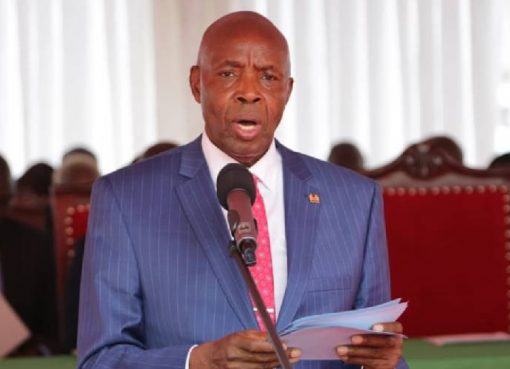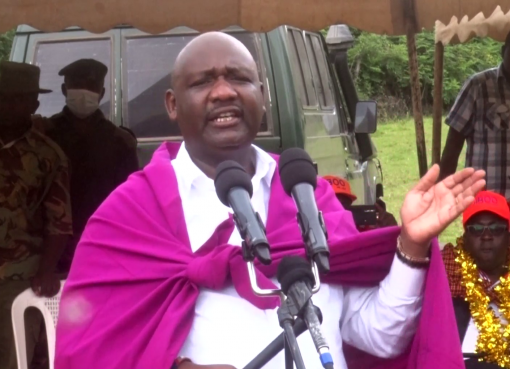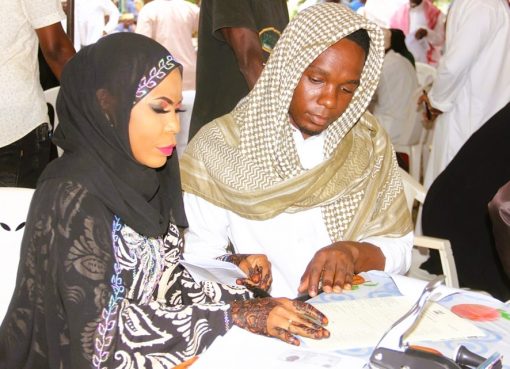As the world marks the International Day of Sign Languages, today, September 23, parents of deaf and hearing impaired children in Kenya have been urged to learn Kenyan Sign Language (KSL).
Speaking to the press at the Murang’a School for the Hearing Impaired, the Parent’s Representative in the Kenya Society for Deaf Children (KSDC), Geoffrey Wagitho, stated that it is very important for parents to learn KSL, so as to be able to communicate with their hearing impaired children.
Wagitho noted that the government and other stakeholders, should direct more funds towards such initiative, as it would make the lives of children easier at home.
He noted that due to communication barriers at home, many of the students do not want to go home for school holidays because no one at home can communicate with them.
“Funds are needed to teach parents sign language because it is unfortunate that many students, do not want to go home for holidays,” he said
Wagitho whose son was diagnosed with profound deafness, also acknowledged that it was not easy for parents to accept that their child has a disability.
“The issue of disabilities is not easy for parents, but as soon as parents realize something could be wrong, they should visit a doctor, so that the child can be given a proper diagnosis,” adding that his son is now a computer engineer and a married father of two.
The Parent’s Representative also urged the National Council for Persons with Disabilities, to continuously issue Disability Cards to students in special needs schools, as they are very important part of their identity.
“The Council should not wait for students to go to their offices for Disability Cards, they should use schools to reach many children,” he said.
The National Chairman for the KSDC, Francis Ng’ang’a, was also present at the school where the society was issuing hearing aid to 60 students, as part of a national program involving all schools for the deaf.
The hearing aids were issued to 30 children in the primary school section and 30 others in secondary school.
Ng’ang’a urged all parents with deaf children to take them to school, saying the government should make efforts to locate all the deaf children and ensure they go to school, because education is every child’s right.
Ng’ang’a stated that there are 120 primary and secondary schools for the hearing impaired, located all over the country.
The Director KSDC, Rhoda Kabiti, said that only a very small percentage of the over 200,000 deaf children in the country, was enrolled in school.
“The government should take punitive action against parents who refuse to enroll their disabled children in schools,” Kabiti said.
The Head Teacher at the Murang’a School for the Hearing Impaired, Charity Ngugi, who has taught at the school for 16 years, noted that the population of the school has grown from 35 students to 345 over the years.
Ms. Ngugi noted that some of the children in the boarding school are as young as four years old, while others had medical conditions that required a lot of special attention from both teachers and the matrons.
Although the school is adequately staffed, the educator noted that the Institution still needed more houses for the teachers because the school has only three staff houses.
“With special needs, the students need extra supervision and this is challenging because many teachers have to live far away from the school,” she said.
The Head Teacher appealed to well-wishers to help the school construct more houses for teachers, as well as toilets for primary school girls and teachers.
By Purity Mugo





